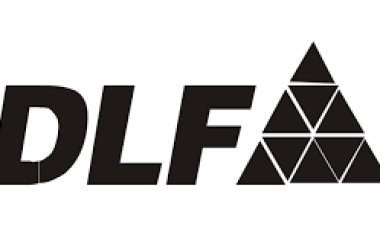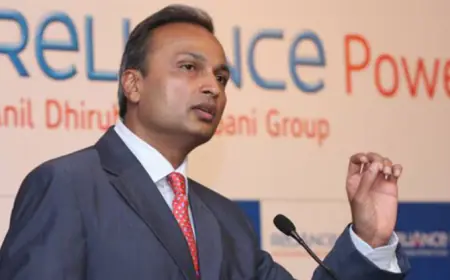RBI Hikes Repo Rates By 0.5%, Know How Much EMI Will Increase
Usually, when the interest rates are at lower levels and the loans are of longer tenure, customers are advised to go for a fixed rate loan whereas if the loan is taken at very high rates then variable rates are advised, today Tomorrow people prefer to take a loan at a fixed rate.
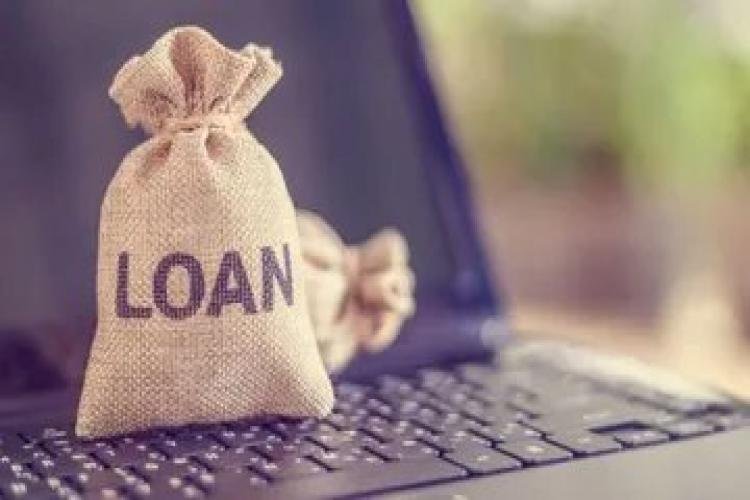
The Reserve Bank today increased the repo rates by half a percentage point, and the rate hike has come into effect with immediate effect. The Repo rate is the rate at which the Reserve Bank gives short-term loans to other banks. With the increase in repo rates, it is clear that the cost of raising money by the banks will also increase and they will pass it on to their customers. That is, soon the EMI of your loan is going to increase. It is for you banks to decide for themselves how they will go ahead with this hike, but it is likely that with more than one hike, the effect of this hike in repo rates will reach the customers at some point in time. Let us tell you how much your EMI will increase if your loan rates increase by half a percent.
What will be the effect of an increasing half percent
On a home loan of Rs 30 lakh for 20 years, the EMI of the customers will increase by Rs 1680. According to the data given by HDFC, the EMI on this loan at the rate of 7.55 percent will be Rs 24260 with an interest of Rs 28 lakh. If a person takes a loan after increasing the rates by half a percentage, then he will have to pay an EMI of 25940 on this loan and his loan share will increase to 32 lakhs. That is, the EMI at the new rates will increase by Rs 1680 per month and in 20 years, the new customer will have to pay an additional interest of Rs 4 lakh.
Will it affect existing customers as well?
The impact of the new rates on existing customers will depend on which interest rate they have chosen. Loans are issued at two types of interest rates. A fixed-rate loan means that there is no further fluctuation in the rates. On the other hand, other variable rates change with the change in the key rates. Usually, when the interest rates are at lower levels and the loans are of longer tenure, customers are advised to go for a fixed rate loan whereas if the loan is taken at very high rates then variable rates are advised, today Tomorrow people prefer to take a loan at a fixed rate. If your interest rates are fixed then you don't need to worry, although you have taken a loan at the variable rate then you need to review because RBI has indicated that further Rates may increase.
Also Read: Hike in Repo Rate might affect Real-estate and Auto Sector
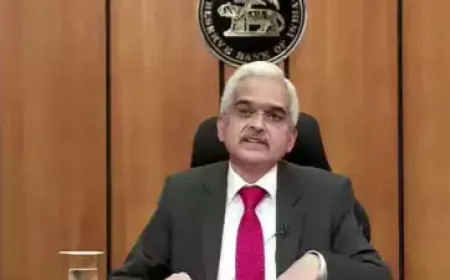
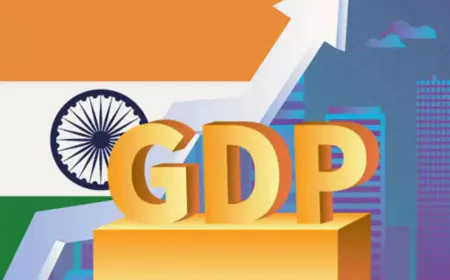
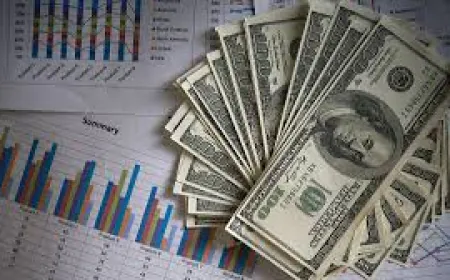
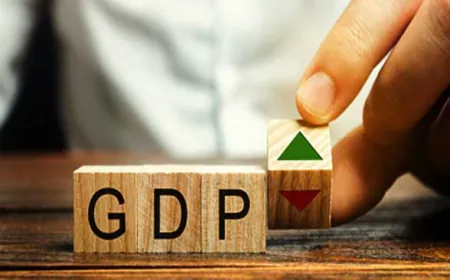


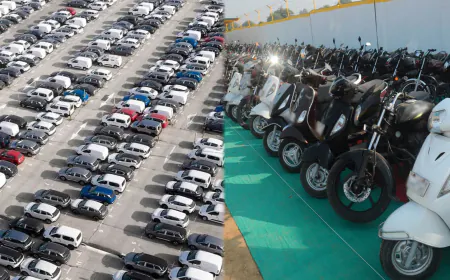












































































































.jpeg)



